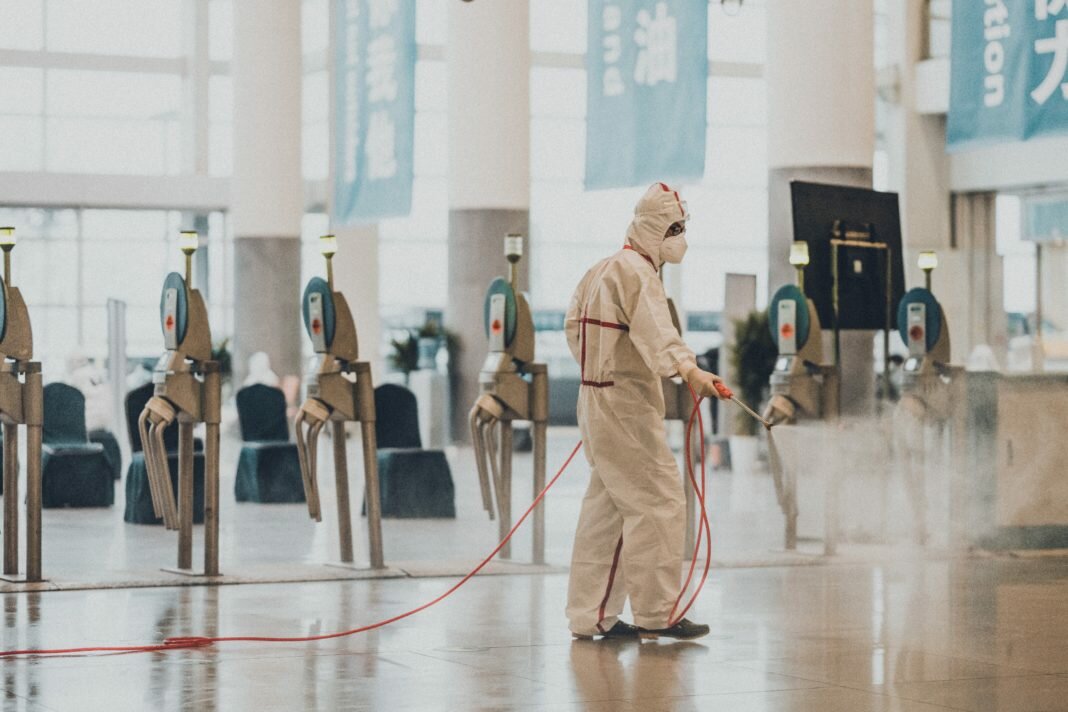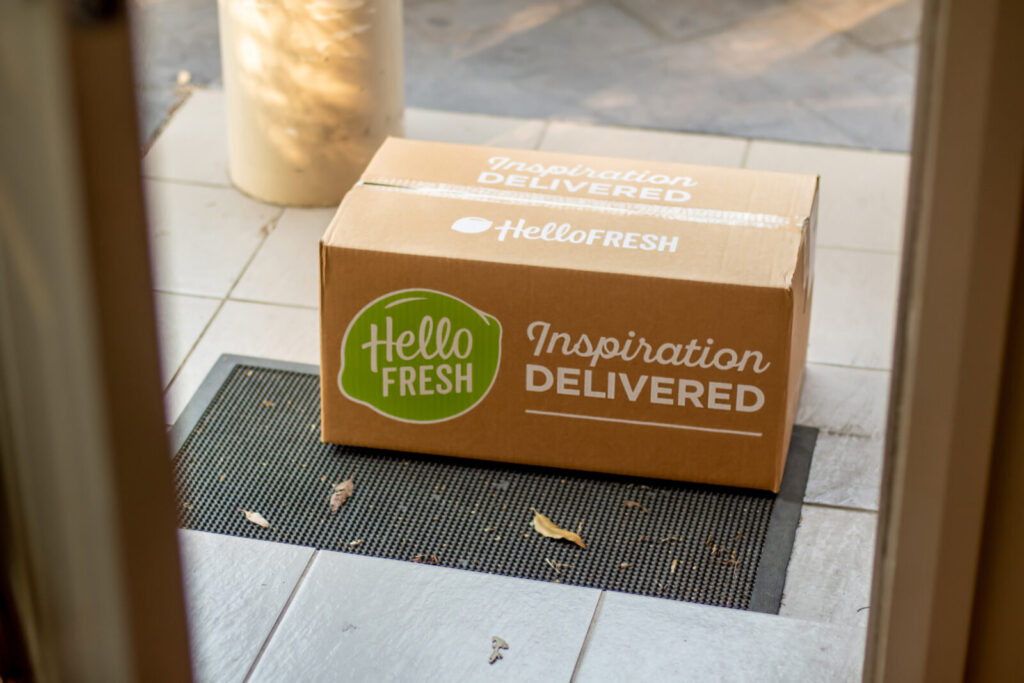Brief • 4 min Read

Some are less-willing heroes, with no choice but to continue working these jobs at a time when jobs are scarce.
Recent statistics show that more than 16 million Americans have filed for unemployment in the past month. Perhaps not unexpectedly, having a steady paycheck (61%) and providing for their family (57%) are by far the most important motivators for these workers during the coronavirus pandemic.
The reality is that 55% of these Everyday Heroes—jumping to 62% among hourly workers—live paycheck to paycheck with little left over, and a considerable 43% are working fewer hours now than they were before the pandemic, making that steady (albeit somewhat lighter) paycheck more important than ever.
It is clear that the unemployment numbers don’t tell the whole story, and that as hours and shifts are scaled back, many of these Everyday Heroes are making sacrifices with less financial reward.
Most of these Everyday Heroes give their employers credit for helping to create a safe working environment…
Most Everyday Heroes say their company is taking appropriate and necessary safety and sanitation measures at their place of work (73%) and is providing the appropriate and necessary safety materials to them personally (70%). And it is increasingly the case that employers are mandated to provide PPE for their employees that engage with others.
…but there is still work to be done.

Women in particular worry about safety at work. They are far more likely than their male peers to say they do not feel safe at work (44% women vs. 31% men); to desire their employers to take appropriate and necessary safety and sanitation measures (79% vs. 66%) and to monitor the health of employees (63% vs. 48%). Women are less likely to feel their employer is providing frequent and honest information about infected individuals at work (50% women vs. 60% men).
From a compensation standpoint, only 37% say their company has provided higher rates of pay or bonuses as hazard pay despite 51% saying this is important to them, and 42% saying their company provides at least 14 days of guaranteed sick leave, compared with 63% who feel this is important. As per JUST Capital’s COVID-19 Corporate Response Tracker, many of the country’s largest companies have already stepped up to support their workers in a variety of ways, including paid sick leave and financial assistance. Smaller companies are trying to catch up, if they are able to offer additional financial assistance at all.
Looking ahead, employers that have instituted some form of hazard pay premiums face uncharted waters relative to deciding when (or whether) to scale these back. The reputation optics will be challenging, particularly as these Everyday Heroes increasingly find their voice.
METHODOLOGY
This survey was conducted online within the United States by The Harris Poll from April 6-7, 2020 among 530 “essential workers” who are not in healthcare or government. “Essential workers” are defined as individuals ages 18 and older who have been deemed essential by their employer and/or state and who must leave their home to go to work. Business areas include supermarkets/grocery stores, big box stores, restaurants/bars, transportation, gas stations, warehousing, manufacturing, construction, agriculture and food processing, among others. A separate online survey was conducted among a general public sample of 1,024 adults (ages 18 and older) during the same time period for a comparative viewpoint. These two online surveys are not based on probability samples and therefore no estimate of theoretical sampling error can be calculated.
Subscribe for more Insights
Subscribe to our newsletter for the latest trends in business, politics, culture, and more.
Related Content









